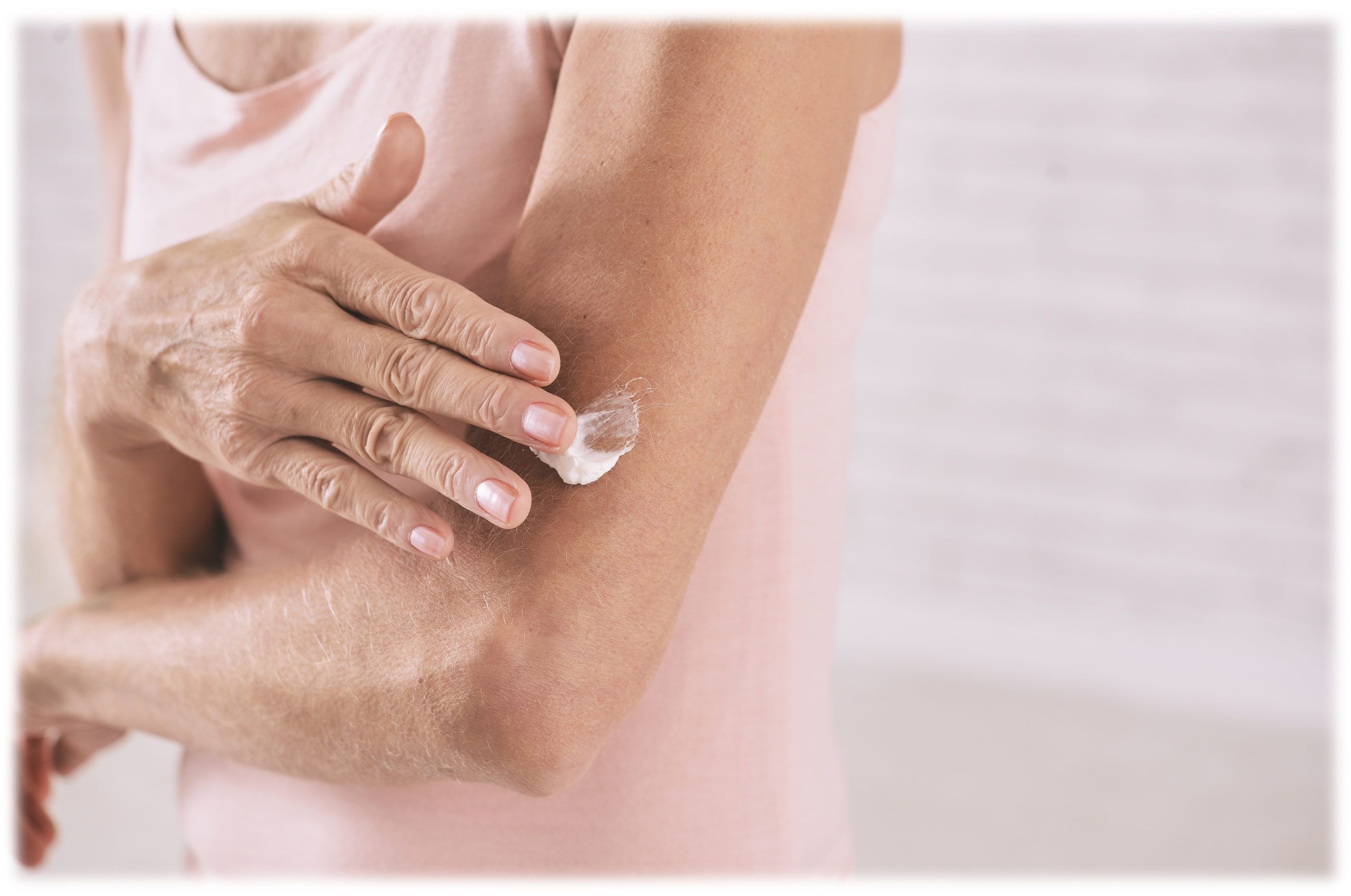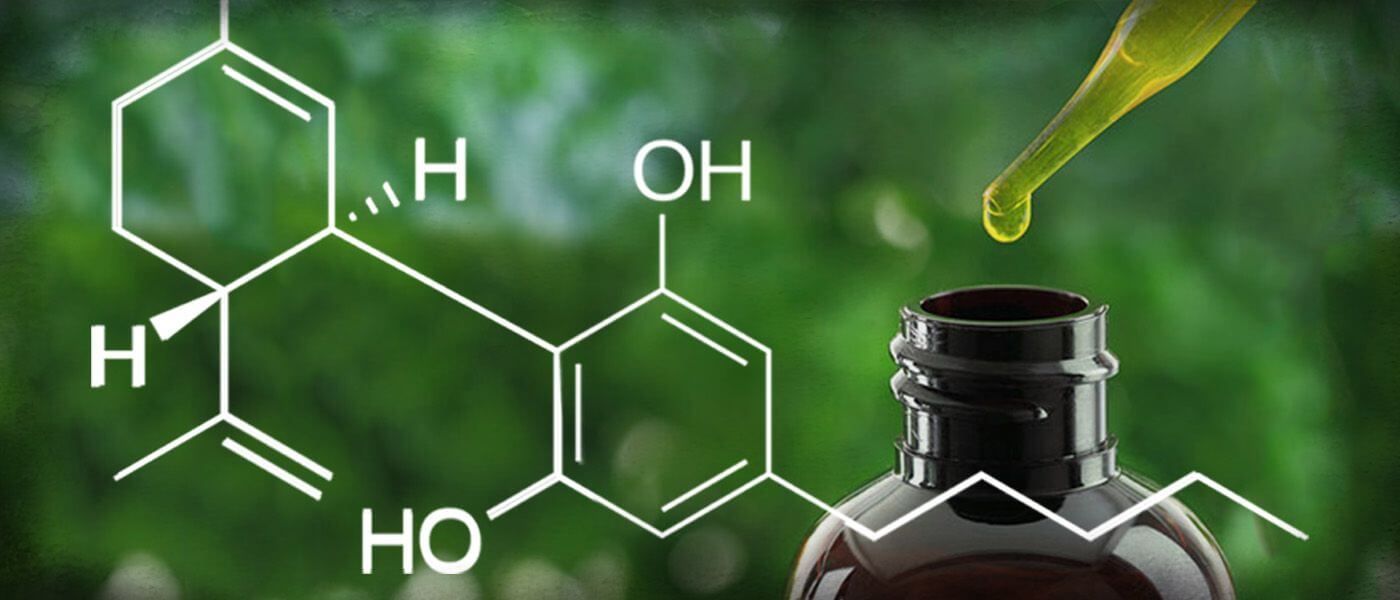How Medicinal Cannabis May Help Manage Diabetes?
Diabetes is significantly prevalent in the United States. With over 100 million Americans currently living with Type 1 or Type 2 diabetes, and about 84.1 million who are prediabetic, we want to discuss ways premium CBD may help in managing the disease’s symptoms.
(https://www.niddk.nih.gov/health-information/diabetes/ overview/what-is-diabetes)
What is Diabetes?
Diabetes, or diabetes mellitus, is a disease which the body’s ability to produce or respond to insulin is impaired, resulting in an abnormal digestion of carbohydrates and dangerously high levels of glucose in the blood and urine. Glucose is blood sugar and is not only the main source of energy for the brain, but it’s also the body’s cells’ fuel source. Due to a lack of insulin, a hormone in the pancreas that allows your body to process and use glucose, diabetics suffer from irregular glucose levels.
There are two types of diabetes. Type 1, also referred to as insulin-dependent diabetes, occurs when the immune system attacks and destroys the cells in your pancreas that make insulin. It is most commonly diagnosed in children and young adults; patients need to take insulin every day to stay alive. Type 2 diabetes is the most common form of diabetes that can be developed at any age, and occurs when the body is unable to produce enough insulin.
When the body is either unable to produce insulin, or it’s unable to use it in a way that’s sufficient enough to maintain glucose at a healthy level in the bloodstream, it can cause unstable glucose levels and a wide array of serious, life threatening conditions.
Symptoms of Diabetes
The symptoms associated with diabetes include:
• Increased thirst
• Frequent urination
• Unexplained weight loss
• Fatigue
• Extreme hunger
• Irritability
• Blurred vision
• Dry and itchy skin
• Frequent infections
Over time, high levels of glucose can lead to problems such as:
• Heart disease
• Stroke
• Kidney disease
• Eye problems
• Dental disease
• Nerve damage
• Foot problems
Unstable glucose levels can occur when the body is either unable to produce insulin, or it’s unable to use it in a way that’s sufficient enough to maintain glucose at a healthy level in the bloodstream.
How does CBD Help?
1. Prevention Measures
Endocannabinoid receptors have been found specifically in pancreas islet cells, where insulin is produced . The stimu lation of these cells promote production of insulin.
Further, according to a 5-year study, people who used cannabis-related tincture products regularly had fasting insulin levels that were 16 percent lower than participants who had never used cannabis. People who have a higher chance of developing diabetes have insulin resistance and high fasting insulin levels, so the use of medicinal cannabis helps stabilize and lower these levels that may prevent diabetes from developing.
2. Neuropathy
Nerve damage is a common result of diabetes, and the hands and feet are the primary areas, but organs can become affected too. Nerve damage can also occur from other illnesses such as multiple sclerosis, Parkinson’s disease and arthr itis . CBD may help to relieve nerve damage because the cannabinoids bind naturally to the receptors in the endocannabinoid system, and when multiple cannabinoids work together in a process called the entourage effect, inflammation can decrease dramatically.
3. Obesity
CBD performs several different functions in the body that may contribute to its weight management benefits . Cannabinoids have shown they can play a role in the regulation of glucose metabolism, suggesting that they’re beneficial for regulating fat tissue in humans that are obese. Further, it may allow patients to get rid of extra weight in the form of inflammation, and also act as an appetite suppressant. As a result, it may help people avoid overeating and gaining weight.
4. Insulin Resistance
Insulin resistance occurs when the body’s cells reject insulin, which is produced by the pancreas to regulate blood sugar. Because cells reject insulin, they cannot absorb the glucose that is needed for energy, which causes the build up of glucose in the bloodstream. Therefore, insulin resistance is a key factor in prediabetes and Type 2 diabetes .
Studies have a shown a connection between chronic inflammation and insulin resistance. They explain that when inflammation is reduced, the immune and cardiovascular systems are able to work significantly better.thereby decreasing the chances of developing insulin resistance overall.
If you would like to learn more about CBD and the possible ways it can benefit your health, please keep in touch!
According to a 5-year study, people who used cannabis-related tincture products regularly had fasting insulin levels that were 16 percent lower than participants who had never used cannabis.
(Statements not evaluated by FDA or intended to diagnose, treat, cure or prevent any disease.)
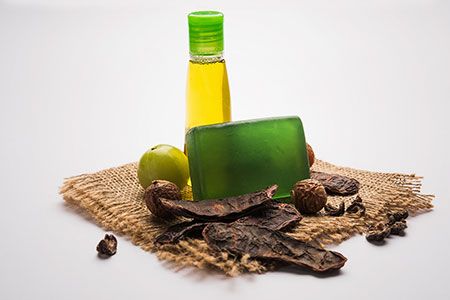
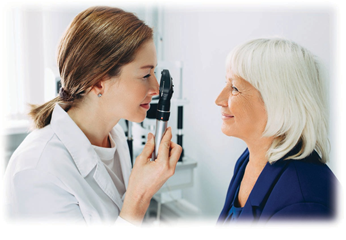
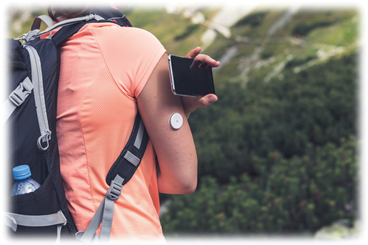
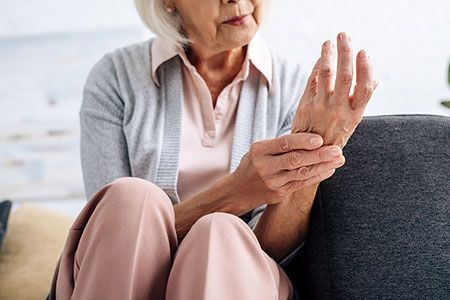
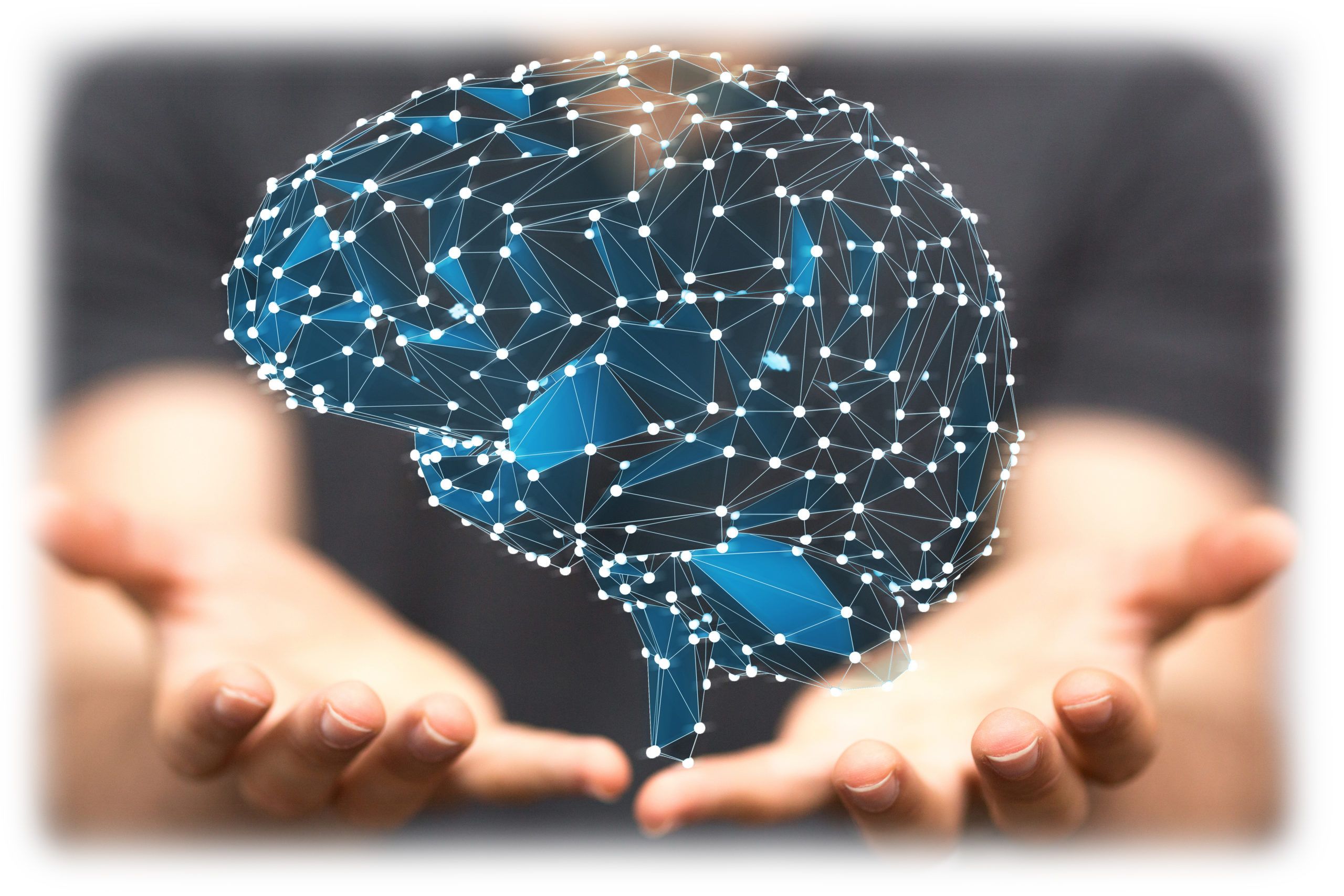


 Dr. Sisley’s PTSD research project represents what many have noted as the “first definitive U.S. research on whether marijuana can help manage veterans PTSD.” (
Dr. Sisley’s PTSD research project represents what many have noted as the “first definitive U.S. research on whether marijuana can help manage veterans PTSD.” (